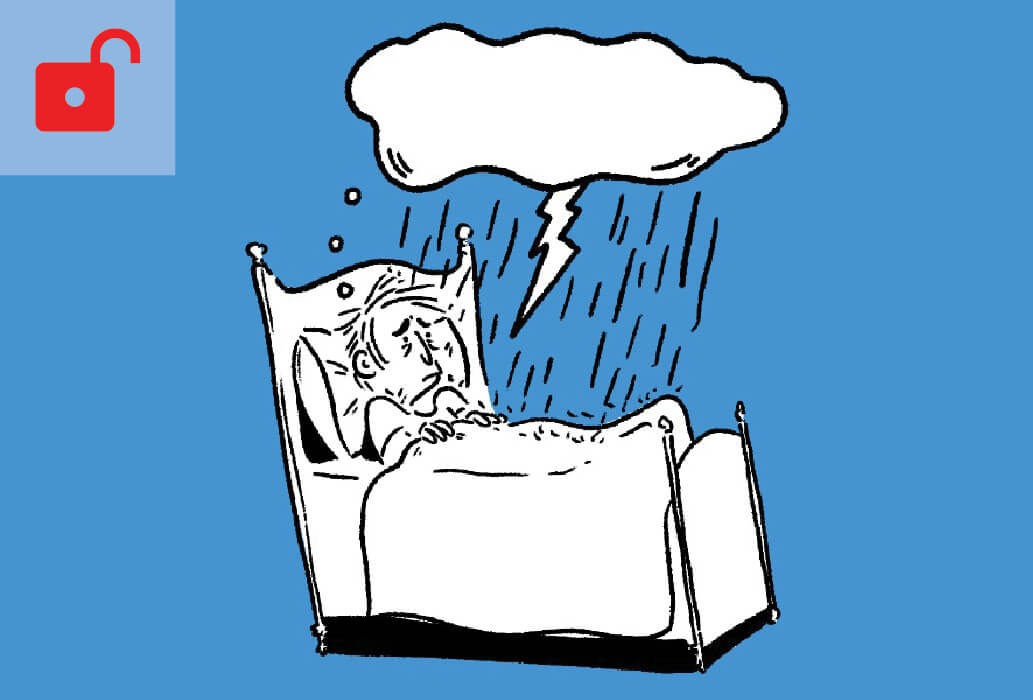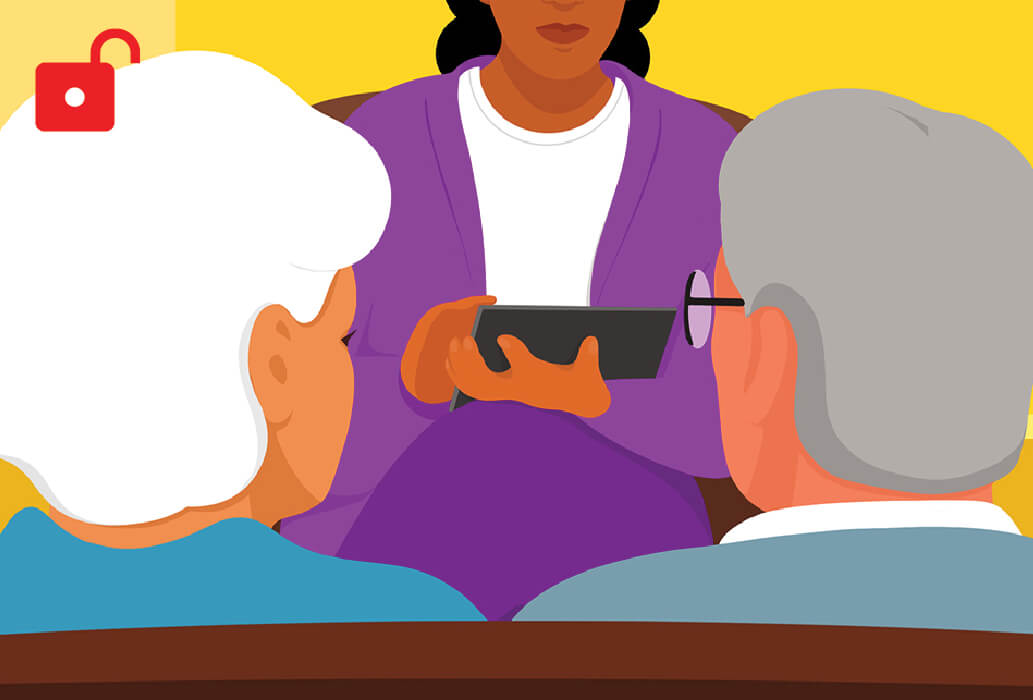Your Health
ASK DR. ADAM
A top internist and cardiologist answers your questions with surprising doctor-tested tips

“Should I take an aspirin every day?”
Dr. Adam: There’s no doubt that if you take a low-dose aspirin every day, you’ll reduce your risk of a heart attack and stroke. A majority of the medical community agrees on that. But aspirin does have drawbacks.
Since it alters how blood clots, it increases the risk you’ll bleed more easily—and research shows this risk increases with age. That means you may get more nosebleeds and even little cuts could bleed more, but it can also increase the risk of internal bleeding in the brain or stomach, as well as the risk of developing a stomach ulcer.
Before deciding whether to take a daily aspirin, you need to have a discussion with your health care provider. The answer you get will depend on factors such as your history of heart disease, your risk of heart attacks and strokes, and your age and overall health.
Your doctor may suggest you take a daily, low-dose (most commonly 81 mg) aspirin for two reasons. The first is for something we call “primary prevention.” If you’re included in this category, it means there are no heart issues in your medical history. You’ve never had a heart attack, stroke or blocked arteries in any area of your body, nor have you had coronary bypass surgery or coronary angioplasty with stent placement.
There is debate over whether folks in this group who have never taken a daily aspirin and are over age 60 should begin taking one. The U.S. Preventive Services Task Force says adults 60 and older should not start taking aspirin to lower their risk of a first heart attack or stroke. The guidance, issued in 2022, is based on research that suggests the harms of doing so—an increased risk for bleeding in the stomach, intestines and brain—can outweigh the benefits.
If you fit in the category of “secondary prevention,” it means that you’ve already had a heart attack or stroke, or you have underlying heart or vascular disease or diabetes. In these cases, the upside of taking aspirin likely outweighs the downside. That said, you still need to speak with your doctor in case you have other complications, such as an allergy to aspirin, a bleeding or clotting disorder, or a history of gastrointestinal bleeding.
Figuring out whether you should take a daily dose of aspirin can be tricky. A couple of years ago, media coverage warned people over 60 with no previous heart issues that if they were taking a daily aspirin, they were unnecessarily putting themselves in danger of bleeding. Well, my mother, who was then in her late 80s, heard that news and, without consulting me or any other physician, stopped taking her daily dose of aspirin.
She had been taking one every day for decades, and during that time she never had a stroke, heart attack, stent or bypass procedure. She had normal cholesterol, but she had prediabetes and high blood pressure. My mom also has a family history of heart disease. Within three months of not taking aspirin, she had a disabling stroke. My mother’s story is a good lesson in why it’s so important to speak with your doctor before either starting or stopping an aspirin regimen.
But to be clear: A daily aspirin isn’t for everyone, and it’s not a magic pill that guarantees heart health. You also want to lead a healthy lifestyle. Eat a diet rich in fiber, fresh fruits and vegetables. Avoid processed foods, be physically active, limit alcohol and don’t smoke, tame your stress and watch your weight, as well as have your blood sugar level checked. When it comes to taking care of our hearts, let’s not miss a beat.

Adam B. Rosenbluth, M.D., practices and teaches in New York City. Each Monday online, he answers your questions about how to make your body work better for you.
ARE ALL CHEST PAINS SERIOUS?
Dr. Adam discusses common causes in this exclusive video. Go to aarp.org/chestpains
For more advice columns! go to aarp.org/MembersEdition

Help! I Hate My Aging Body
Learn how to embrace changes in your body as you get older. aarp.org/InTheMood

How Can I Deal With My Anxiety?
Advice for calming stress that may increase as you age aarp.org/AskDrAdam

Is It Time to See a Sex Therapist?
How to seek help for intimacy challenges aarp.org/InTheMood
Need help? Visit aarp.org/MembersEditionHelp or call 877-846-3261
FROM TOP: JAMES YATES; DELPHINE LEE; KIERSTEN ESSENPREIS; JAMEES YATES; KIERSTEN ESSENPREIS